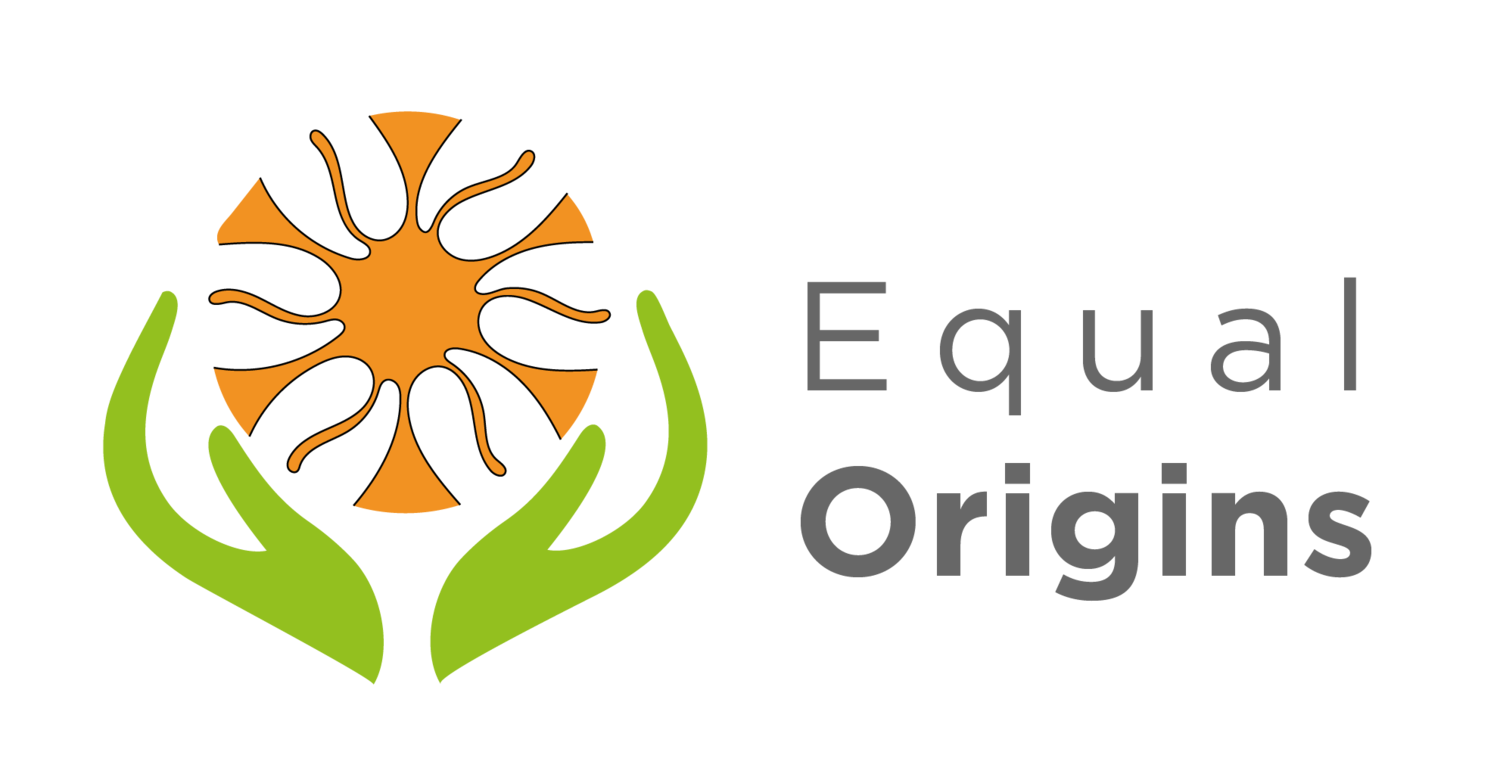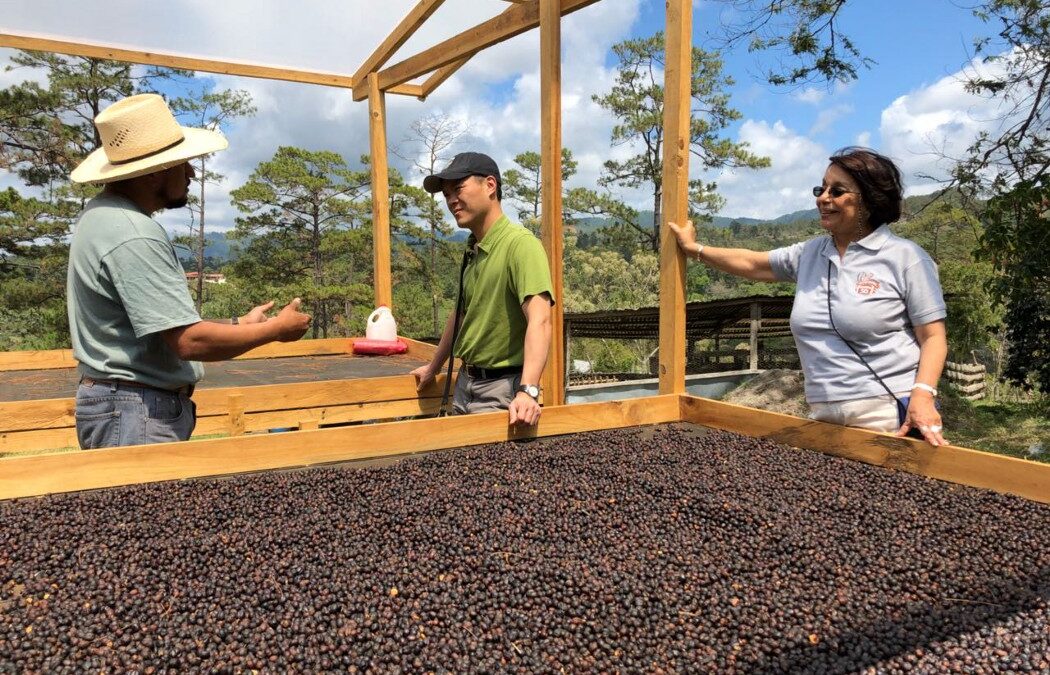
For a long time, I thought the only way for specialty roasters to participate in gender equity-related initiatives was to purchase coffees produced exclusively by women. I’d known of OPTCO’s Café Femenino project for years and more recently learned that the International Women in Coffee Alliance (IWCA) had created a platform to also market women’s coffee. Colectivo launched a blend of women-produced coffees from Colombia, Rwanda, and Sumatra several years ago — first called Gaia (the primordial Earth mother in ancient Greek mythology) and then rebranded as Sisters — and we also have purchased micro-lots produced by female small-scale farmers from various origins. We even conducted a fundraiser one year for the Partnership for Gender Equity through our “Women’s Collection” gift box. When Equal Origins first approached us about the Virtual Learning Journey (VLJ), however, it seemed like a unique opportunity to dig more deeply and engage with this issue at a level beyond sourcing women’s coffee.
Perhaps the most exciting part of participating in this project was being able to nominate one of our producer partners as a beneficiary. We selected Cafés Orgánicos Marcala, S.A. (better known as COMSA), a well-established Fair Trade cooperative in southwestern Honduras from which we purchase at least two containers a year. Ever since my first visit to COMSA in the early 2010s, I have been impressed by its innovative and dynamic practices. Their Best Agricultural Practices simply blew me away the first time I saw the operation, particularly the Micro-Organismos de Montaña or “MM’s” in which members mix their own all-natural fertilizers, pesticides, etc. to allow the farmers to maintain their organic certifications. And during the Roya crisis that struck Honduras and other origins during the 2012–13 harvest, COMSA promoted vegetable gardens to address food insecurity and gave its members manuals on biodynamic farming. These are just two examples of the cooperative’s many progressive initiatives.
I knew that COMSA already had a committee focused on gender-related issues, so I thought they would be a good match for the VLJ because they would be able to build on their work in gender equity while sharing their experiences and learning from other producers. It turns out that it was a positive experience for COMSA as highlighted by my long-time contact there, Miriam “doña Betty” Perez. Doña Betty highlighted that the workshop encouraged the members to reaffirm their commitment to gender equity. She said that “In our general member assembly after the workshop, important agreements were established in favor of gender equity, especially the newly elected board of directors made up of 4 women and 5 men, and a new vigilance committee made of 2 women and 2 men. The members also approved a budget to invest in the action plan we developed during the PGE workshop which will support our training and actions to increase the participation of women.”
As one of the end-market partners, most of whom were fellow roasters, I participated in a Zoom call on November 13th and heard from a number of the groups on what they had learned in the VLJ. In my breakout group, two representatives from SOPPEXCCA — a well-known cooperative based in Jinotega, Nicaragua that I had visited more than ten years earlier — explained how the principles of gender equity that were highlighted in the VLJ were applied within their organization. In an unprecedented, challenging period, it was refreshing and energizing to be connected with producers again and, frankly, to talk about something other than the pandemic.
I would be remiss if I didn’t acknowledge the Safe Platform of the InterAmerican Development Bank, whose support made COMSA’s participation in the VLJ possible. It was a privilege to be part of this initiative, and I encourage other companies in the specialty coffee and cocoa industries to engage in this critical issue [of gender equity] at some level. Supporting this kind of work, like PGE’s Virtual Learning Journey, will help to ensure that even in the challenging times we face with the pandemic and continued market uncertainty, that gender equity can remain a priority.

